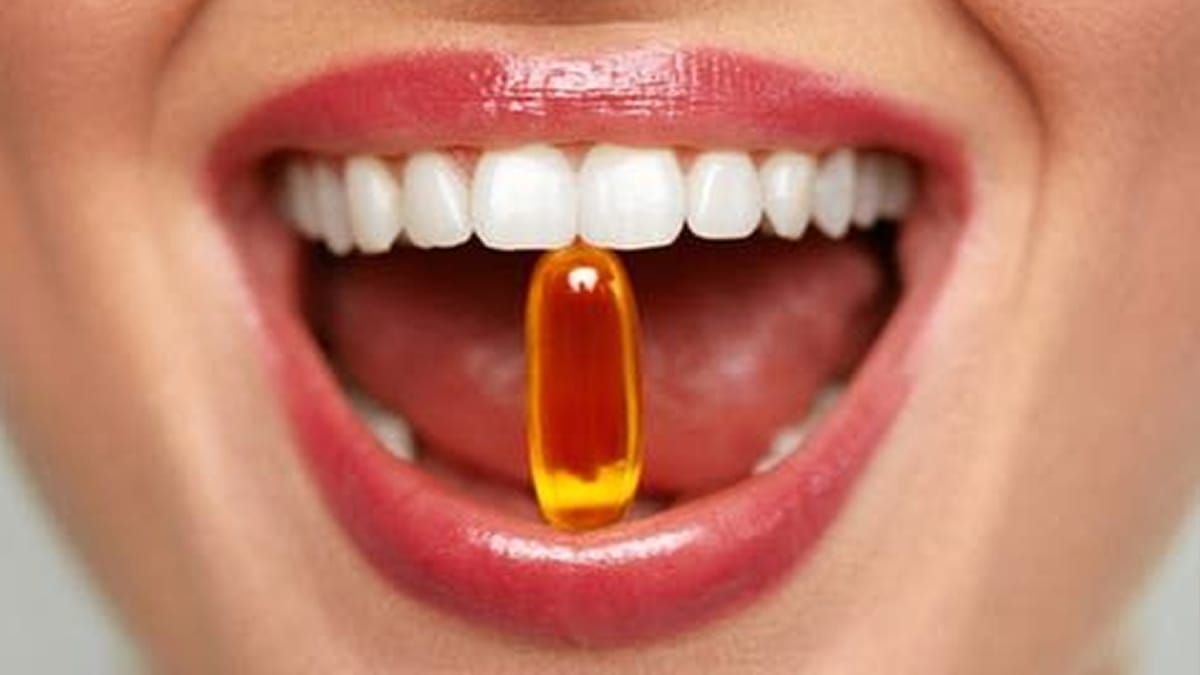9 Things You Must Check Before Buying Any Weight Loss Supplements
The weight loss supplement market is crowded with flashy promises and quick fixes. But hidden behind the labels are big differences in safety, quality, and effectiveness. If you don’t know what to check, you risk wasting money, stalling your progress, or worse endangering your health.
9 Things You Must Check Before Buying Any Weight Loss Supplements
The good news is that you can protect yourself by following nine simple but powerful checks. This guide walks you through each one, supported by science and real-world experience, so you can choose products that truly help you lose weight safely and effectively.

1. Verify Scientific Evidence Behind the Ingredients
Before you buy any weight loss supplement, dig into the science. Look for ingredients that have been tested in peer-reviewed studies such as green tea extract (EGCG), glucomannan, conjugated linoleic acid (CLA), or moderate doses of caffeine.
Search databases like PubMed or official health sites. If a brand claims “clinically proven” but gives no references, be wary. Supplements without scientific backing are far more likely to fail or cause side effects.
2. Check for Full Ingredient Transparency
Many products hide behind “proprietary blends,” making it impossible to know how much of each ingredient you’re taking. Always choose supplements that list exact amounts per serving and are free from undisclosed fillers. Transparency signals professionalism and lowers your risk of overdosing on stimulants or getting ineffective doses.
3. Look for Third-Party Testing and Certifications
Reputable manufacturers submit their products to independent labs to verify purity and potency. Certifications like NSF, USP, or Informed-Choice show that a supplement is free from banned or dangerous substances. These seals are your best protection against hidden contaminants.
4. Evaluate Safety and Side Effect Profile
Even natural ingredients can be harmful in the wrong dose. Read warnings on the label, check for interactions with your medications, and consult a healthcare provider if you have pre-existing conditions. Stimulants can raise heart rate and blood pressure, while herbal extracts may affect liver function. Never assume “herbal” equals “safe.”
5. Assess Brand Reputation and Customer Support
A reputable company stands behind its product. Look for clear contact information, refund policies, and responsive customer service. Search independent reviews, not just testimonials on the company’s own website. Products from anonymous or overseas sellers with no accountability are riskier.
6. Match the Supplement to Your Lifestyle and Goals
If you’re practicing intermittent fasting, a fiber-based appetite suppressant might work better than a high-caffeine thermogenic. If you train in the evening, avoid strong stimulants that could disrupt sleep. Supplements work best when they’re tailored to your routine and sensitivities.
7. Check Dosage, Form, and Bioavailability
An ingredient’s form determines how well your body absorbs it. Standardized extracts and clearly stated milligrams per serving are more reliable than vague powders. Decide whether capsules, powders, or liquid shots fit your schedule and absorption needs.
8. Beware of Over-Hyped Claims and Rapid Results
If a product promises “lose 10 pounds in a week” or “miracle fat loss,” it’s a red flag. Science shows that sustainable fat loss is gradual. Exaggerated claims are often paired with poor quality or hidden ingredients.
9. Reassess After 8–12 Weeks
Even a well-chosen supplement may not work for everyone. Track your weight, appetite, energy levels, and side effects. If you don’t see benefits after two to three months, discontinue and reassess with a professional. This prevents you from spending months on ineffective products.
Real-World Example
A 35-year-old office worker started with a stimulant-heavy fat burner and experienced palpitations. After switching to a fiber-based appetite suppressant with verified research and third-party testing, she achieved steady weight loss with no adverse effects. Her experience illustrates the power of following the nine checks above.
3–5 Quick Tips to Avoid Common Mistakes
Never mix multiple fat burners without professional guidance.
Don’t skip reading the fine print on labels. Hidden allergens and stimulants are common.
Pair supplements with balanced nutrition, regular exercise, and adequate sleep.
Be skeptical of influencer endorsements without evidence.
Set realistic expectations: supplements assist, but they’re not magic.

Frequently Asked Questions
How can I tell if a weight loss supplement is legitimate?
Look for third-party certifications, transparent ingredient lists, and published studies on key ingredients.
Are natural weight loss supplements safer than synthetic ones?
Not always. Some “natural” substances can cause serious side effects. Evidence and dosage matter more than the label.
Can I take more than one weight loss supplement at once?
Only with professional supervision. Combining products can amplify risks or interactions.
How long should I use a supplement before deciding if it works?
Track your response for 8–12 weeks. If there’s no progress, discontinue and reconsider your plan.
Which types of products tend to be most effective?
Examples include fiber-based appetite suppressants, moderate-caffeine thermogenics, green tea extract capsules, non-stimulant metabolic boosters, and protein or meal-replacement shakes.
Do I need to change my diet and exercise if I take supplements?
Yes. Supplements enhance results but cannot replace calorie control and regular physical activity.
Final Thoughts: 5–7 Key Takeaways
Evidence first: Choose supplements with published clinical data.
Transparency matters: Avoid hidden blends and unclear dosages.
Safety over hype: Third-party testing and medical consultation protect you.
Personalization is key: Match the supplement to your lifestyle and goals.
Quality counts: Reputation and refund policies indicate reliability.
Track and adjust: Evaluate every 8–12 weeks and discontinue ineffective products.
Combine with healthy habits: Nutrition, exercise, and sleep multiply your results.
Reference & Additional Reading
Inspired by studies and insights from:
www.health.harvard.edu
www.menshealth.com
www.healthline.com
www.womenshealthmag.com
www.ncbi.nlm.nih.gov
www.webmd.com
www.medlineplus.gov
www.tridenttech.edu
www.burnexia.com

